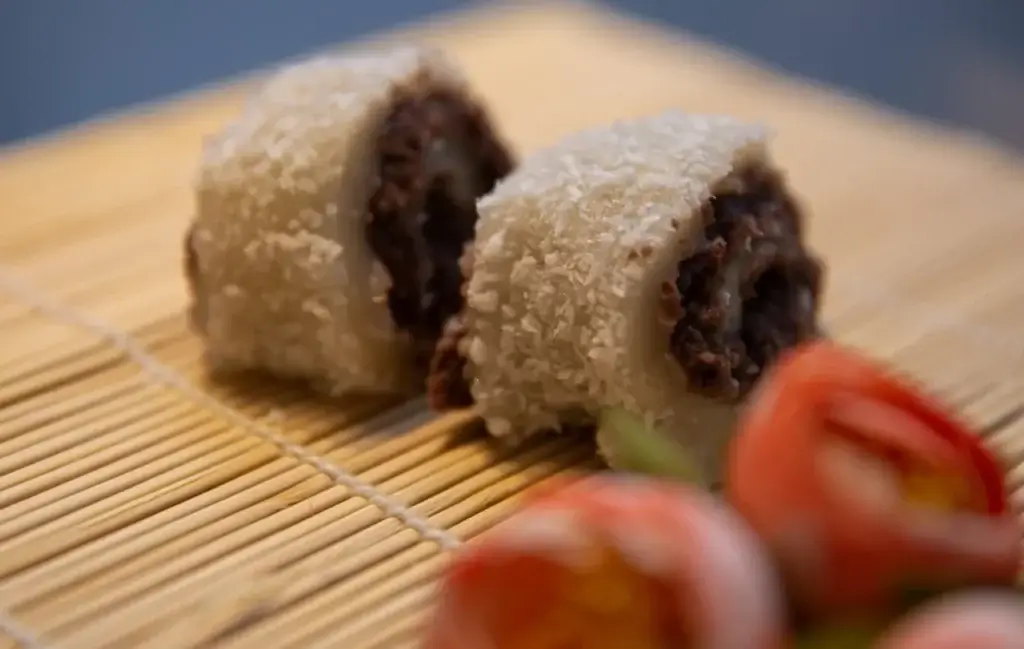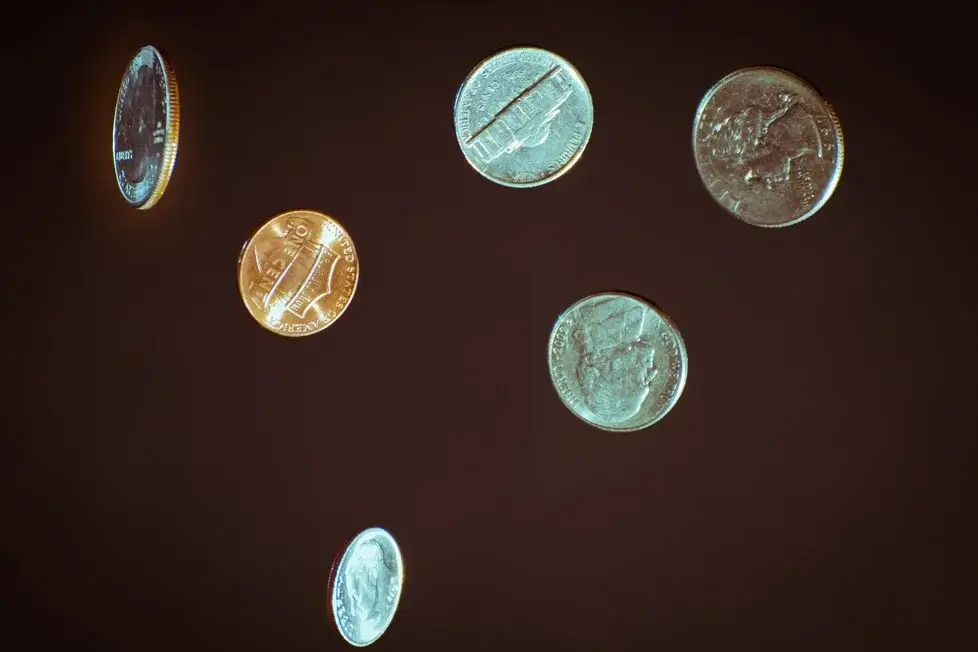Another event that is widely observed around the world is New Year, and Filipinos won’t pace behind in terms of preparation.
Every new year usher in a new beginning, a year that is brighter and better than the last. Filipinos continue traditions to make the most of greeting the good fortune that the upcoming year will offer, in addition to preparing for a welcoming and celebratory New Year’s Eve. The majority of it is focused on attracting wealth and abundance.
Have you ever attended a Filipino family’s New Year’s Eve party and seen them open the doors as the clock struck midnight? Did it surprise you to walk in and see a variety of coins and bills near the front door? There are more than just those two, though. In this fascinating blog, learn more about these superstitions and traditions associated with Filipino New Year’s Eve.
Although some families may be fortunate enough to cook another Lechon (roasted pig) after serving one on Christmas, the cuisine prepared is special but not as extravagant as the Noche Buena feast on Christmas Eve.
Undoubtedly, cooking pancit (noodles) and eggs symbolize long life and fresh life respectively. The preparation of traditional comfort foods like biko, which are produced from malagkit (sticky or glutinous rice), ensures that good fortune will last throughout the entire year. We don’t serve fish or chicken because those animals forage for food, and we don’t want to have to do it in the upcoming year. With that being said, here are some new year superstitions Philippines.
New Year Traditions Philippines That You Can Do in Your Tagaytay Condo:
We Clean our Homes

The family draws peace and order for the next year by cleaning. This is a method of bringing luck, to put it simply. Who doesn’t appreciate a tidy home? It’s the ideal approach to begin a brand-new book. A fresh start in a tidy and healthy environment draws and encourages a successful year in fact. The majority of Filipino households sincerely practice and adhere to this custom.
Serving 12 or More Round Shaped Fruits
Move the bananas from your fruit bowl and just leave the rounded ones there. The cause? Twelve spherical fruits are traditionally placed on the dining table on New Year’s Eve in the Philippines to welcome the new year. It doesn’t really matter whether it’s 11, 12, or 13 fruits for the new year 2023 for some people as long as you have round fruits on the table. For Filipinos, the shape “round” represents success and prosperity. The lucky fruits custom was brought over by the Chinese. The highlight of the Media Noche is frequently a group of spherical fruits. Additionally, thorny fruits like pineapple, jackfruit, and durian should be avoided because they represent difficulties or impediments.
We Eat & Serve Something Sticky

There are two variations of this superstition, and both are based on a dish’s tendency to be sticky. In the original, the stickiness stands in for a close-knit family. The stickiness in the second version functions as a magnet to draw luck that sticks with the person.
In either case, foods made of sticky rice are always served during the New Year’s festivities. Filipinos are famous for their intense sense of family. They think that eating foods made from sticky rice, such as tikoy (often known as nian gao, which is interpreted as Chinese new year’s cake), biko (sweet rice cake), and bibingka (a type of baked rice cake), will build the bonds between families. This is therefore said to bring good wealth.
We Don’t Serve Chicken and Fish Dishes
Filipino tradition places a high value on chicken and fish, but not on New Year’s Day. While some foods, such as sticky rice, are lucky, others are unlucky. Fish and chicken meals are forbidden on New Year’s Eve in the Philippines. People avoid chicken and fish because they are associated with food scarcity and to avoid additional ill luck. This demonstrates the significance of eating in the Philippines, even though it is not always practiced. Due to the chicken’s year-round need to scratch and peck, its eating habits are often linked to hardship and poverty. Despite being delicious and savory, chicken is not served on New Year’s Eve.
Money & Coins Everywhere

Coins are a symbol of prosperity and riches.
It should come as no surprise that Filipinos employ coins in their New Year’s Eve customs since they are quite literally a sort of currency.
On this important day, scattering coins around the house will bring prosperity and wealth in the coming year. To draw additional luck for the upcoming year, we also make a jar with uncooked rice, cash, and coins. Where are coins placed by people? More locations are better! They can be found in cabinets, desks, shelves, drawers, and even the kitchen. Some people even keep coins in their pockets the entire day to increase their luck! We also keep cash in our pockets because we have to jump and make noise when the clock strikes midnight.
Making Some Real Noise

In the Philippines, New Year’s Eve is not a peaceful occasion! Now is the time to shout your lungs out. Everyone just cranks up the volume while banging pots and pans together and using handmade instruments fashioned by children.
Why the noise? Loud noises are thought to ward off evil spirits in the Philippines.
Things grow a bit (or a lot) rowdy since everyone wants to chase the ghosts away before the new year! To make as much noise as they can, cars and vehicles vroom and honk their horns. Whistles are blown as empty cans are dragged in all directions. There are several ways we can make noise after midnight. When this occurs, it’s a lot of fun.
We were able to understand the rationale behind the activities we often do on New Year’s Eve after reading the article. We become more integrated as a global community as we learn more about local folk beliefs. Every culture has its own method of embracing the unfamiliar. That requires the Philippines to keep in mind the traditions and superstitions of the past. All of the things we do help to start the year off positively, but in the end, it’s up to us to decide how to make this year a fresh start, a new beginning, and a year full of greatness. What counts is spending time with our family and loved ones, being grateful for another year, and remembering or learning from it.
Happy New Year Everyone!
Related Blog: Celebrating Chinese New Year 2023
The 2023 Chinese new year will be on January 22. It will be the year of the water rabbit. Keep some of these in mind especially the lucky fruits for the new year 2023 and the lucky bowl for the new year 2023. Some of the traditions mentioned here will also be used.


